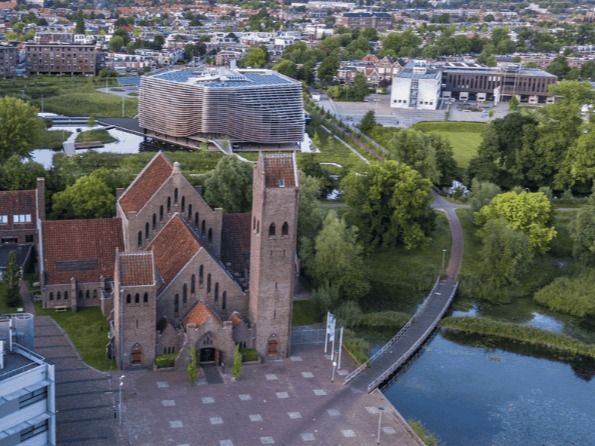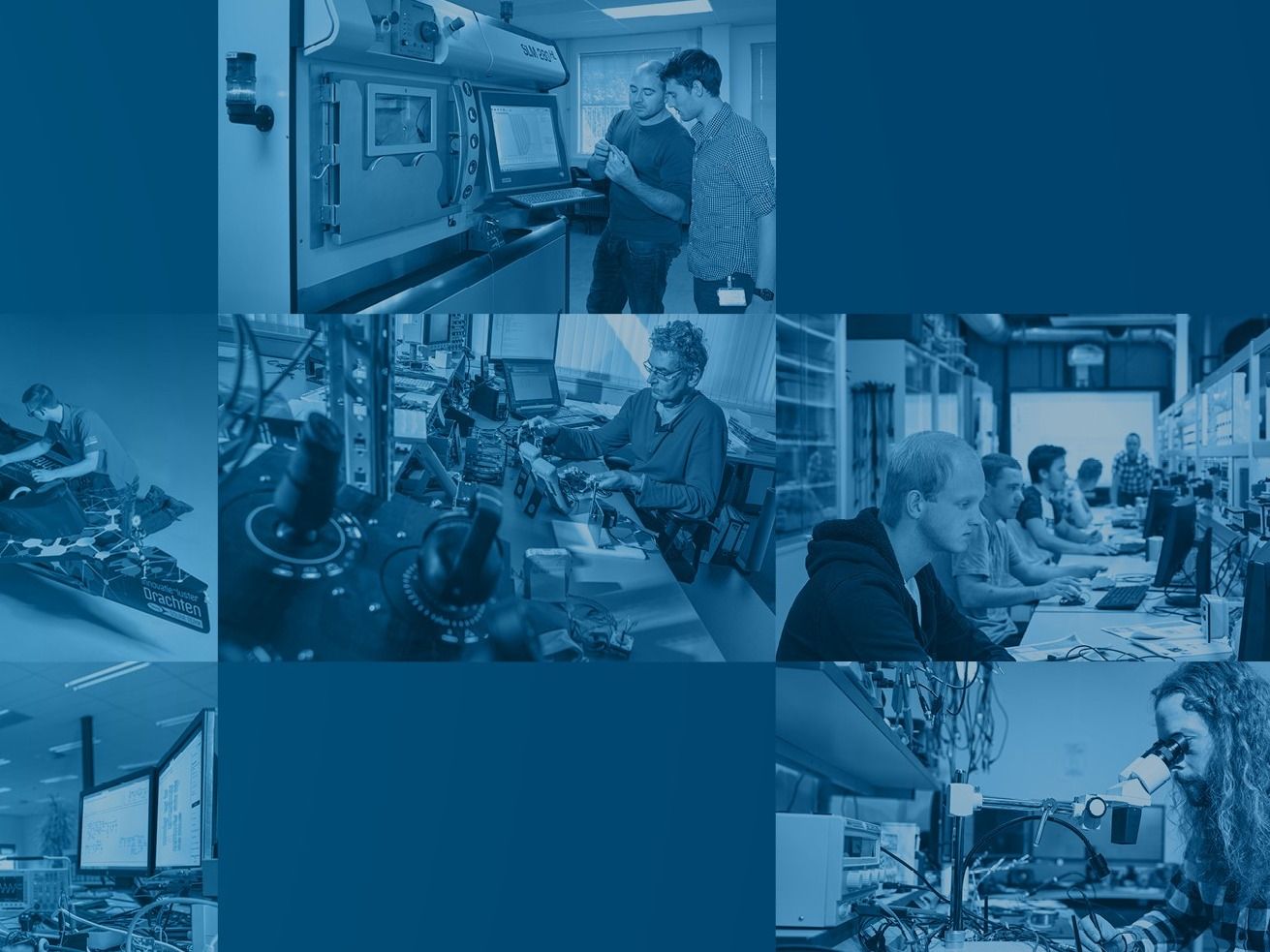Competitiveness index¶
The EU Regional Competitiveness Index (RCI) assesses a region’s ability to support businesses, including those focused on the circular economy, by evaluating factors like innovation, infrastructure, education, labor market efficiency, and macroeconomic stability. A high RCI indicates a competitive ecosystem with the right conditions—such as a skilled workforce, supportive infrastructure, and innovation-driven initiatives—that help businesses grow sustainably and contribute to regional development.
Friesland scores 117 on the RCI, well above the EU average of 100, and ranks 40th out of 234 EU regions[1]. While Friesland’s economy used to be more traditional and regionally focused within the Netherlands, it now stands out for its strong competitiveness, which is essential for supporting businesses in the transition to a circular economy. This strong performance reflects the region’s competitive advantages, particularly in key areas like institutions, macroeconomic stability, and technological readiness, which are crucial for fostering circular businesses. Friesland’s position in the upper middle of EU regions demonstrates its capacity to offer the necessary conditions for circular economy initiatives, making it an attractive location for businesses seeking to thrive in a sustainable and innovative environment.
For more detailed insights into Friesland’s competitiveness and its potential as a thriving hub for circular businesses, please refer to the interactive dashboard, which provides comprehensive data and further positions Friesland within the broader EU context.
Improving the competitiveness index
Friesland is home to a wide range of initiatives that are already helping to improve its competitiveness index.

WaterAlliance: uniting water technology companies

Innovatiepact Fryslân: Cooperating for Broad Prosperity in Friesland

Where hightech innovation connects: Drachten
To further leverage this competitive edge, Friesland can focus on:
- Strengthening infrastructure for circular economy businesses, ensuring access to sustainable resources and efficient logistics.
- Enhancing labor market efficiency by offering specialised training programs in circular economy practices to ensure a skilled workforce.
- Fostering strong institutional support, including policies and incentives that encourage businesses to adopt circular models and invest in sustainable practices.
European Commission. (2022). EU Regional Competitiveness. Retrieved from: European Commission Website